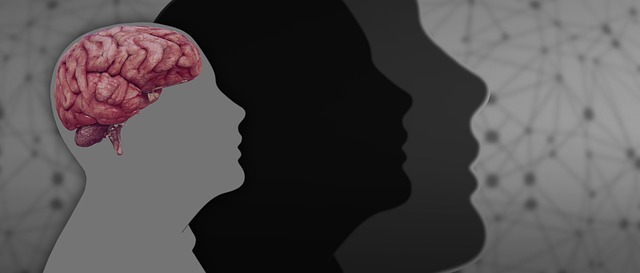Teenage depression, a serious mental health condition, requires early recognition through signs like persistent sadness and changes in appetite, sleep, concentration, and behavior. Open communication fosters safe expression and help-seeking. Prompt intervention with teen depression support includes medication (SSRIs/SNRIs) to balance brain chemicals, alongside informed consent, close monitoring, and strong support systems including family, friends, therapists, and community resources for recovery.
Teen depression is a common yet serious mental health issue affecting young people. With proper support, it’s manageable. This article delves into medication options for teenage depression, exploring benefits and risks. We examine various drug types, their mechanisms, potential side effects, and patient considerations like informed consent and the importance of support systems. Understanding these aspects is crucial in navigating treatment for teen depression, ensuring both safety and effectiveness.
Understanding Teenage Depression: Signs and Symptoms
Teenage depression is a serious mental health condition that significantly impacts a young person’s daily life and well-being. Recognizing the signs and symptoms early on is crucial for providing much-needed teen depression support. This period can be characterized by persistent feelings of sadness, hopelessness, or irritability, often accompanied by changes in appetite, sleep patterns, and energy levels. Teens may also experience difficulty concentrating, make poor decisions, withdraw from social activities, or show aggressive behavior.
Behavioral shifts, such as sudden disinterest in hobbies, academic performance decline, or thoughts of death or suicide, are stark indicators that require immediate attention. It’s essential to create an open and non-judgmental environment where teens feel comfortable discussing their emotions and seeking help. Teen depression support can make a significant difference in managing symptoms and promoting recovery.
Pharmacological Approaches: Medication Types and Mechanisms
Medication plays a significant role in treating teenage depression, offering a powerful tool for managing symptoms and improving overall well-being. Pharmacological approaches typically involve selective serotonin reuptake inhibitors (SSRIs) and serotonin-norepinephrine reuptake inhibitors (SNRIs), which are commonly prescribed antidepressants. These medications work by altering the levels of certain brain chemicals, such as serotonin and norepinephrine, known to influence mood, sleep, appetite, and emotional regulation.
By blocking the reabsorption of these neurotransmitters, SSRIs and SNRIs help increase their availability in the brain, fostering a more balanced chemical environment. This can lead to improved symptoms over time, providing teen depression support. However, it’s crucial to acknowledge that medication isn’t a one-size-fits-all solution, and different drugs may work better for individual teens based on their unique biochemistry and needs.
Balancing Benefits and Risks: Potential Side Effects
While medication can be highly effective in managing teenage depression, it’s crucial to weigh the benefits against potential side effects. Selective serotonin reuptake inhibitors (SSRIs), a common class of antidepressants, are often prescribed for teens due to their relatively mild side effects and improved safety profile compared to older antidepressants. However, some teens may experience gastrointestinal issues like nausea or dry mouth, headaches, insomnia or drowsiness, and in rare cases, suicidal thoughts or behavior, especially during the first few weeks of treatment.
It’s important to remember that these side effects don’t mean medication won’t work—they simply highlight the need for close monitoring by a healthcare provider. Regular check-ins allow for adjustments in dosage or even a switch to an alternative medication if necessary. Teen depression support involves open communication about any adverse reactions, ensuring immediate reporting to a doctor for prompt addressing and resolution.
Patient Considerations: Informed Consent and Support Systems
When considering medication for teenage depression, it’s paramount that patients and their families understand the importance of informed consent. This involves thoroughly discussing the potential benefits and risks with a healthcare provider, ensuring clarity and comfort with the treatment plan. Teens should be empowered to ask questions and voice concerns, fostering open communication that respects their autonomy while guiding them toward recovery.
Support systems play an integral role in managing teen depression alongside medication. Families, friends, and therapists can provide a network of encouragement and accountability, helping teens navigate potential side effects and adhere to treatment protocols. Accessing support groups or community resources further enriches this system, connecting teens with peers facing similar challenges and offering a sense of belonging and understanding.
Teen depression is a serious mental health concern that can be effectively managed with medication, but it’s crucial to weigh the benefits against potential risks. By understanding the various medication types, their mechanisms of action, and common side effects, parents and teens can make informed decisions with healthcare professionals. Accessing teen depression support systems, including therapy and strong social networks, further enhances treatment outcomes. Together, these strategies empower teens to overcome depression and foster a brighter future.
